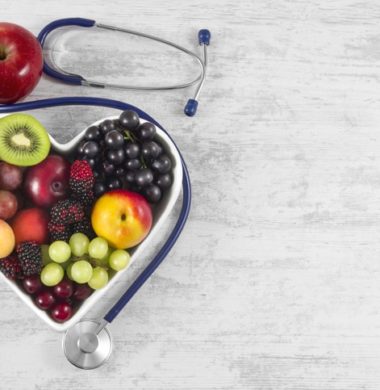Heart Palpitations After Eating – What Does It Mean?

Heart palpitations are scary, no matter when they occur. The sudden feeling of your heart pounding in your chest, beating faster or thumping much harder than you’re used to is a frightening experience. It makes you wonder and worry. Sometimes, palpitations can be so frightening that you call 9-1-1, fearing heart attack, or stroke. It’s smart to pay attention to those palpitations, but often they aren’t serious at all. Many people talk about experiencing heart palpitations after eating, for example. You can’t very well call 9-1-1 every time you sit down to a meal, can you? Of course not. Here’s what you need to know about palpitations after mealtime.
What Kind of Meal?
Many factors can contribute to heart palpitations after a meal, but one of the first things to look at is what kind of meal you just consumed. If it was a particularly rich meal, your body might just be working a little harder to digest the food. These particular palpitations are not all that uncommon. As long as the palpitations don’t get worse or become particularly bothersome, you shouldn’t have to worry about them.
Pay Attention
For some people, heart palpitations after eating can be an indication of a food sensitivity. The way a food sensitivity presents itself is not always the same from person to person, so if you notice palpitations after eating, consider the circumstances surrounding it. Do you get them after every meal, or only after meals containing a specific food? If you aren’t sure, try journaling your meals for a week or two and noting when you feel these symptoms.
Blood Sugar
If you haven’t eaten for too long, or your blood sugar has dropped, overeating or eating too late can contribute to heart palpitations as well. It’s a complicated process for your body to convert food into the energy you need, and your blood sugar levels at the time of consumption can have an impact on whether or not you feel those palpitations as your body levels out.
Talk to Your Doctor
No matter what the cause, if you’re feeling new or worsening palpitations for any reason, the best first line of defense is to discuss them with your doctor. Any unexpected cardiac activity should be tested and monitored if necessary. Whatever the cause, your doctor or a cardiologist can help you get to the bottom of it and create a plan to adjust your lifestyle and/or add medication to help mitigate the problem.
- 6 Tips for Exercising Outdoors with a Heart Condition - May 19, 2025
- Lifestyle Changes That Can Help Manage Arrhythmia - April 30, 2025
- Common Treatments for Peripheral Vascular Disease - April 23, 2025
Sign Up
As with any health concerns, your specific treatment program should be discussed thoroughly with your primary care physician as well as any specialists who may need to be consulted – like a cardiologist.
Sign Up
